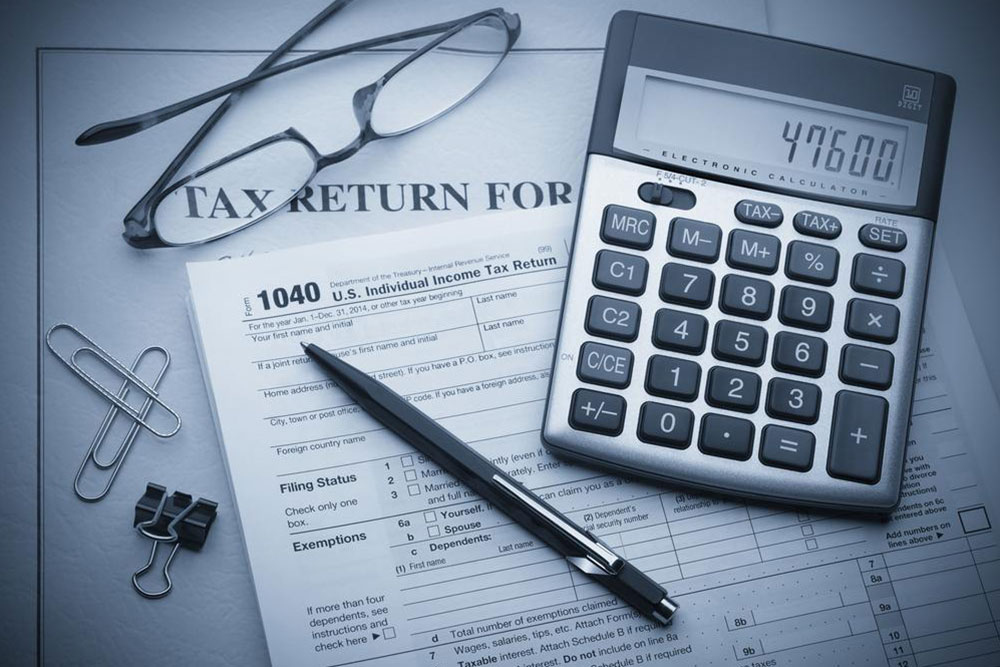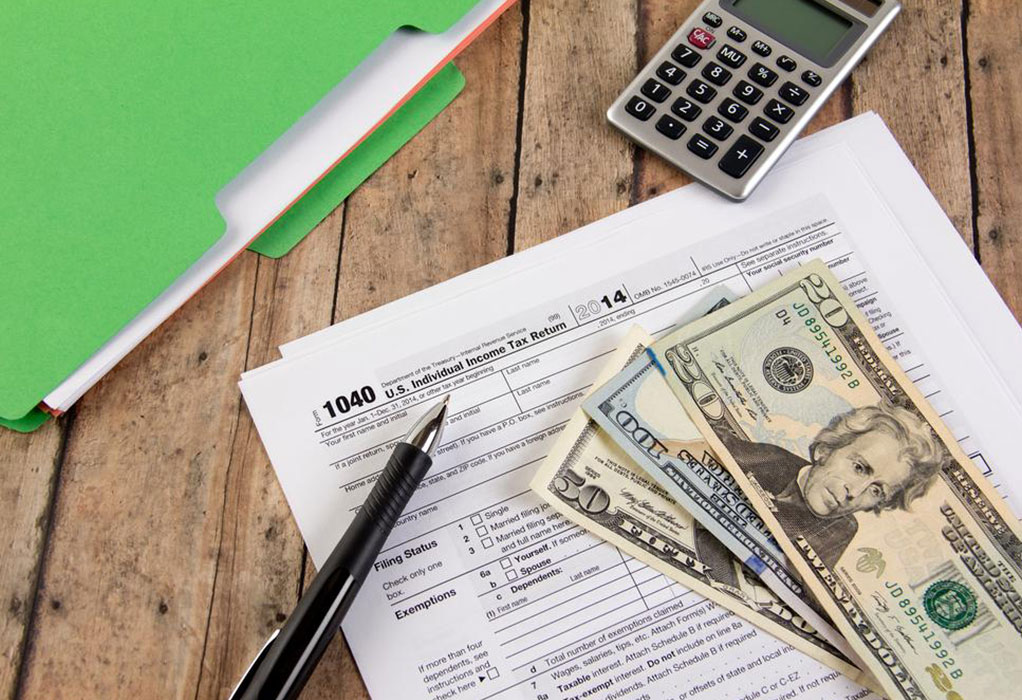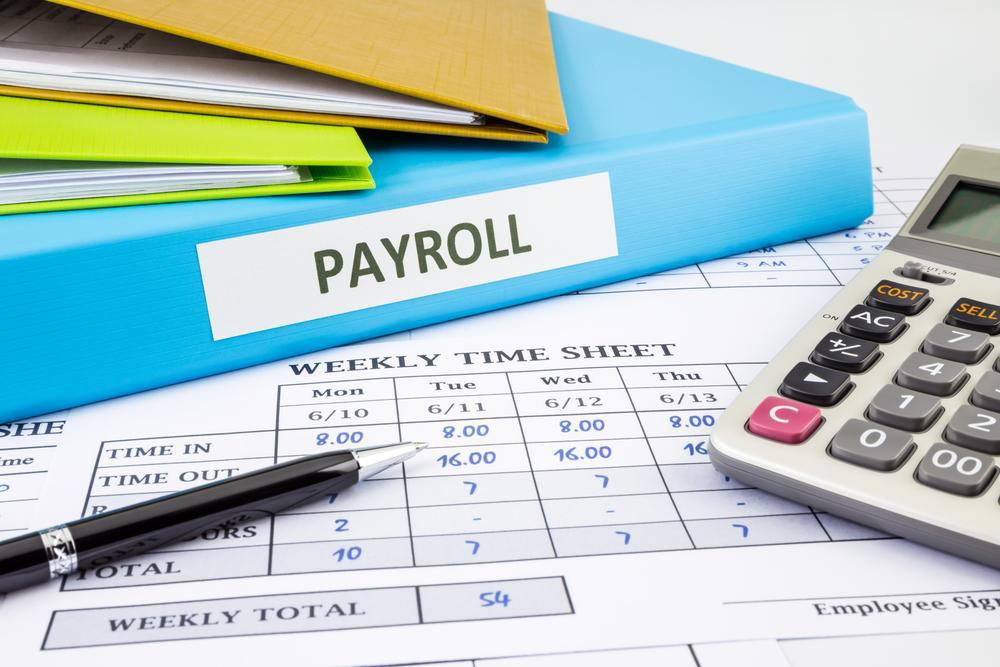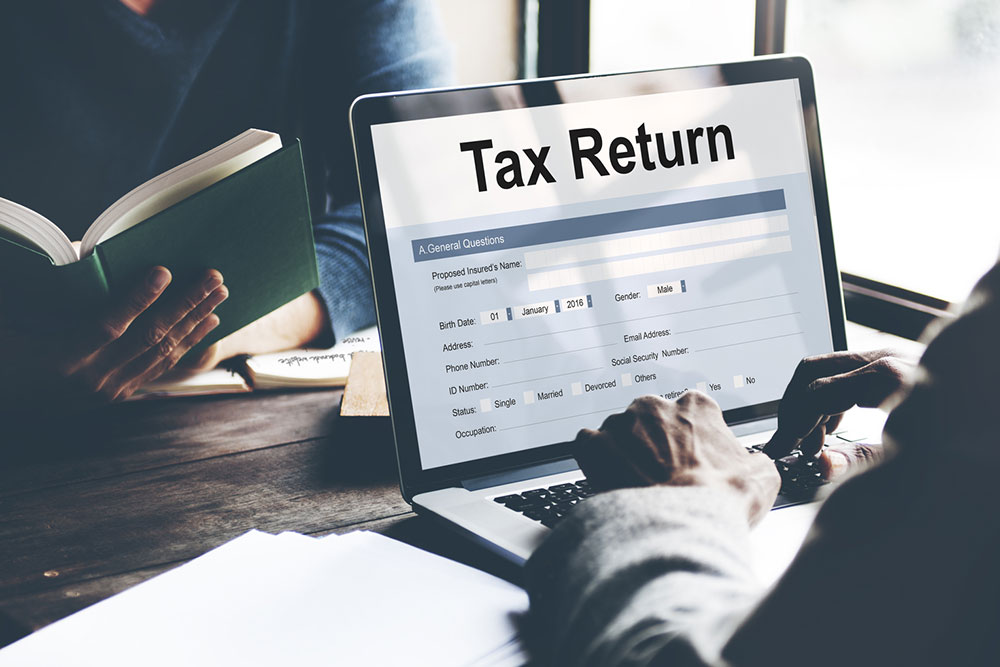Effective Tax Planning Tips for Small Business Owners to Maximize Savings
Small business owners can significantly reduce their tax liabilities by adopting strategic planning techniques. Implementing tax-advantaged benefits like retirement plans and medical benefits, utilizing accountable plans, and leveraging carryover deductions are essential strategies. Staying updated on tax law changes and consulting professionals can optimize savings, ensuring financial health and compliance. This comprehensive guide explores effective tax strategies tailored for small businesses to maximize profits and minimize liabilities, fostering long-term growth and stability.

Effective Tax Planning Tips for Small Business Owners to Maximize Savings
As the tax season approaches, small business owners are faced with the crucial task of organizing their financial documents and preparing for tax filing. This process involves carefully reviewing profits, losses, and income streams to ensure compliance and optimize deductions. For sole proprietors and single-member LLCs, business income and expenses are typically reported on personal tax returns using Schedule C and Form 1040. With the highest individual income tax rate reaching 39.6%, combined with state and local taxes, the total tax burden can be significant, sometimes approaching 50%. In comparison, corporate tax rates often hover around 21% to 35%, underscoring the importance of strategic tax planning for small businesses aimed at minimizing liabilities and maximizing profitability.
Implementing intelligent tax strategies can make a substantial difference in a small business's bottom line. One of the most effective methods involves leveraging tax-advantaged benefits. For instance, establishing employee retirement plans such as SEP IRAs, SIMPLE IRAs, or 401(k) plans not only helps attract top talent but also reduces taxable income. Similarly, providing health insurance benefits and other medical expenses that qualify as tax-deductible can lead to significant savings. Additionally, small businesses should explore financing options like low-interest or zero-interest loans that meet IRS guidelines, as the interest savings can be considerable.
Another powerful strategy pertains to accountable plans, which allow businesses to reimburse employees for certain expenses such as travel, entertainment, and supplies without the reimbursements being considered taxable income. This reduces the overall employment tax liability while providing valuable benefits to employees. Furthermore, utilizing carryover deductions enables businesses to maximize their tax savings across multiple years, especially when current-year credits exceed what can be utilized immediately. This includes deductions for capital losses, charitable contributions, and other credits that can be carried forward to future tax periods, helping to smooth out tax liabilities over time.
Small business owners should also stay informed about changes in tax laws and consult with qualified tax professionals to develop personalized strategies. Proper planning not only ensures compliance but also unlocks opportunities to lower taxes legally. By incorporating these techniques, small businesses can stay financially healthy and competitive, despite the complex tax landscape. Overall, proactive tax planning is essential in managing cash flow, increasing profitability, and securing long-term success for small enterprises.





